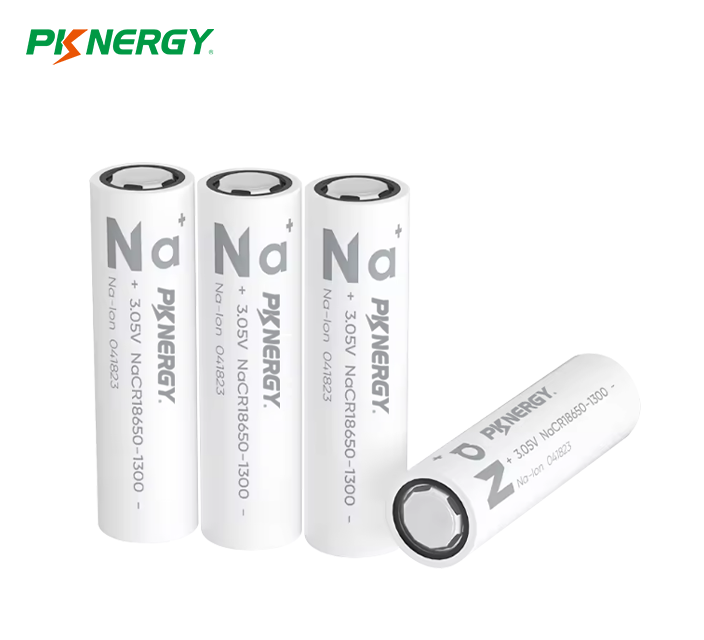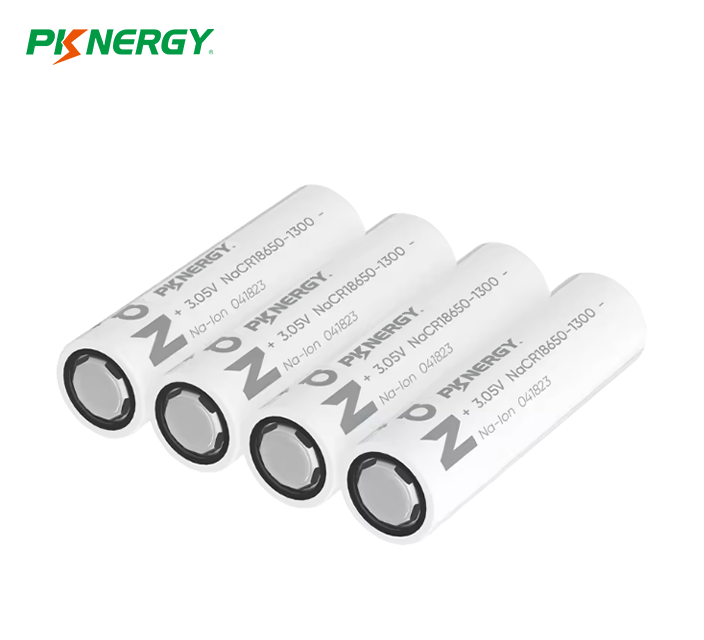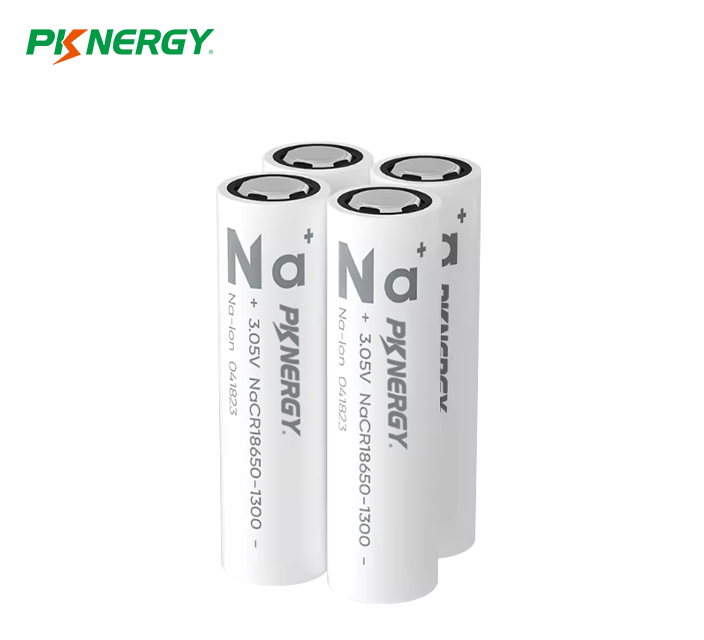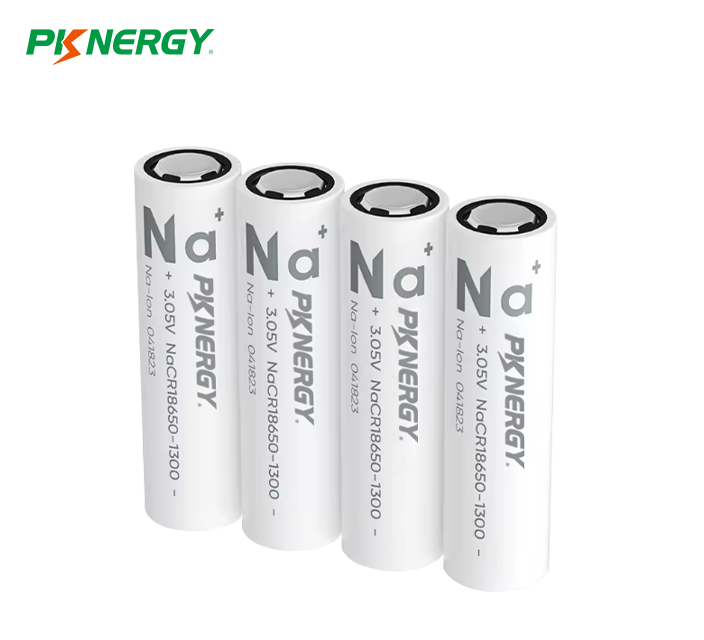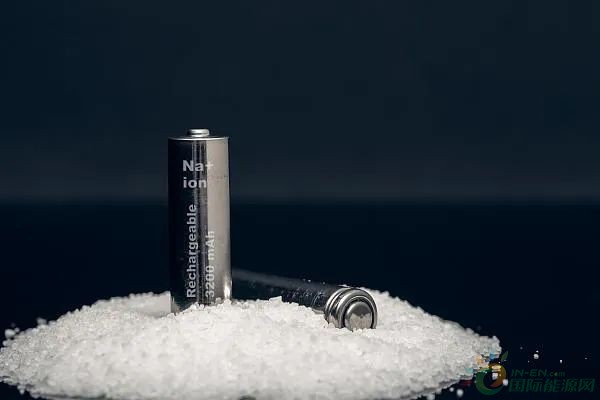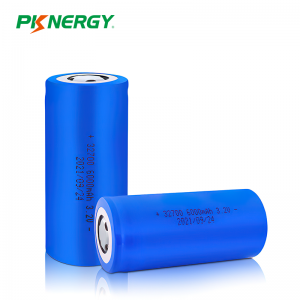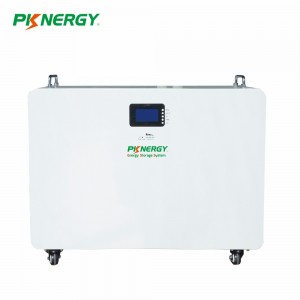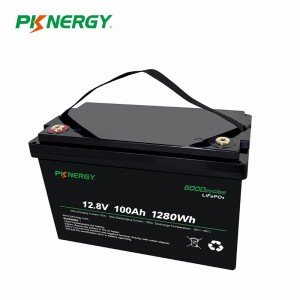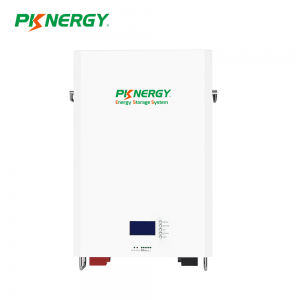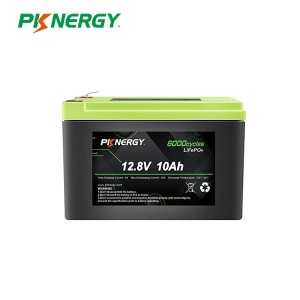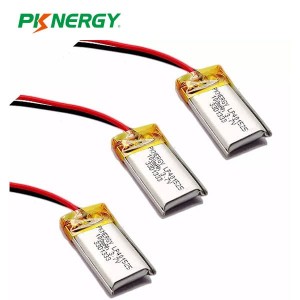18650 3.05V Sodium Ion Battery
Sodium-ion batteries have become one of the important technologies in the field of energy storage due to their abundant raw materials, excellent low-temperature performance, high safety, long cycle life, and environmental friendliness.
|
NO.
|
Items
|
Specifications
|
|
1
|
Limited Charge Voltage
|
3.95V
|
|
2
|
Nominal Voltage
|
3.05V
|
|
3
|
Rated Capacity
|
1300mAh
|
|
4
|
Standard Charging Current
|
650mA
|
|
5
|
Max. Charging Current
|
1300mA
|
|
6
|
Standard Discharging Current
|
650mA
|
|
7
|
Max Discharge Current
|
Under the conditions of 25℃±2℃,Discharging at 7800mA at 100% SOC
|
|
8
|
Discharge End Voltage
|
1.8V
|
|
9
|
Operating Temperature
(Cell Surface Temperature)
|
Charging:-20℃~55℃,65%±20%RH
|
|
Discharging:-40℃~60℃,65%±20%RH
|
||
|
10
|
Storage Temperature
|
15℃-35℃
|
|
11
|
Cell Weight
|
36.5g±0.5g
|
|
12
|
AC Impedance
|
≤30mΩ
|
|
13
|
Cell Dimension(for shipping state)
|
Height:65.2mm±0.2mm
Diameter: 18.35±0.15mm
|
Sodium-ion batteries have the advantages of abundant raw materials and low prices. Sodium is an extremely abundant element in the earth's crust, and its resources are far more abundant than lithium and easier to obtain. This gives sodium-ion batteries a significant advantage in raw material costs and significantly reduces battery production costs.
Sodium-ion batteries have good low-temperature performance. Lithium-ion batteries' performance will decrease significantly in low-temperature environments, while sodium-ion batteries show better low-temperature resistance. This characteristic makes sodium-ion batteries have broad application prospects in cold regions, such as winter power supply systems and polar scientific research equipment.
Sodium-ion batteries are safer. Compared with lithium-ion batteries, sodium-ion batteries have a lower probability of thermal runaway under extreme conditions such as overcharge, over-discharge, and short circuit. This is due to the electrolyte and structural design of sodium-ion batteries being more stable at high temperatures, thus reducing the risk of fire and explosion.
In addition, sodium-ion batteries have a longer cycle life. Although the current energy density of sodium-ion batteries is slightly lower than that of lithium-ion batteries, they can still maintain a high capacity after multiple charge and discharge cycles.
Sodium-ion batteries have potential environmental advantages. Due to the abundant resources of sodium and the low impact of the mining process on the environment, the environmental burden generated during the production and use of sodium-ion batteries is relatively low. In addition, the recycling and treatment process of sodium-ion batteries is also relatively simple, helping to reduce environmental pollution from electronic waste.

